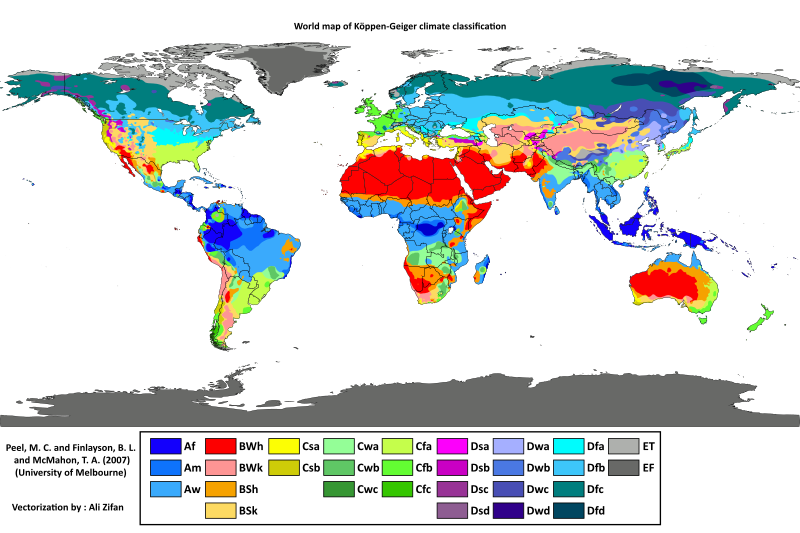NC Legislature Suppressed 2012 Climate Report
February 23, 2019
By Liam Sherman
In September of this year, Hurricane Florence smashed into the Atlantic coast of the United States. North Carolina alone lost power in over 300,000 homes and businesses, and thousands of people were displaced. According to scientists, hurricanes like Florence are causing more damage than they used to, due to sea levels rising as a result of global climate change. Knowing this, many people are surprised to learn that in 2012 the state of North Carolina suppressed a report detailing the future risks of climate change to the Outer Banks.
In 2012, the Coastal Resource Commission (CRC) released a report stating the sea level would rise 39 inches in the next one hundred years due to climate change. This would be devastating to the outer banks, as it will submerge billions of dollars of real estate. The North Carolina legislature, however, decided to pass a law (House Bill 819) and prevent the report from being released in its entirety.
“From what I understand the original report was supposed to project out 50 years in regards to climate change and the possible survival of the outer banks,” environmental science teacher Dr. Eric Findeis said. But … that report basically said the outer banks would be damaged beyond rebuilding or repair and that would impact the economy. So what they did is they altered the report to project only … 20 years and that had a rosier approach, because if you basically say the outer banks will be destroyed by global climate change and rising sea levels, that impacts the real estate economy and the tourism economy, and in North Carolina that’s billions of dollars.”
By passing House Bill 819, the NC legislature suppressed most of the report and stopped any state agencies from making policies based on scientific data on sea level rise. Using this data, coastal communities could have prepared better for future hurricanes like Florence and stopped practices that contribute to global climate change.
Coastal policies made in years since, without access to this pertinent data, have done little to prepare for the dangers the Outer Banks will face in the future. The Outer Banks population and economy has boomed in recent years, without regard to the long term impacts of their actions.
“I mean it’s the same discussion between business and environment,” senior Jordan Knudsen said. “A lot of people are going to choose business, especially if they typically lean more conservatively, and with the North Carolina government it’s been more conservative for the past while.”
Experts continue to warn that global climate change is going to be a massive threat to coastal communities like the North Carolina outer banks in coming years. Most recently the United nations Intergovernmental Panel on Climate Change released a report that says if policies of emissions and land use are not changed drastically by 2030, the negative impacts of climate change will become extreme and potentially unstoppable. This could range from flooding to drought to increased damage from hurricanes.
Photo Provided by Creative Commons













